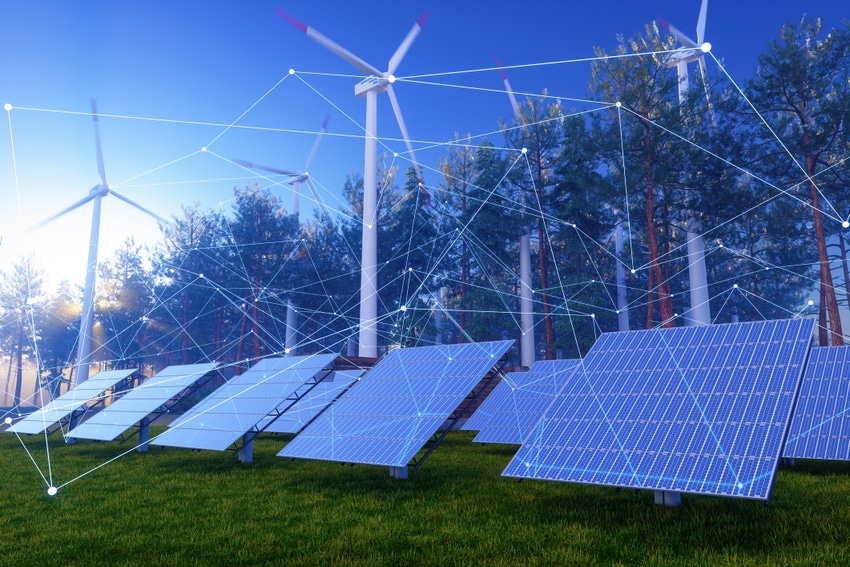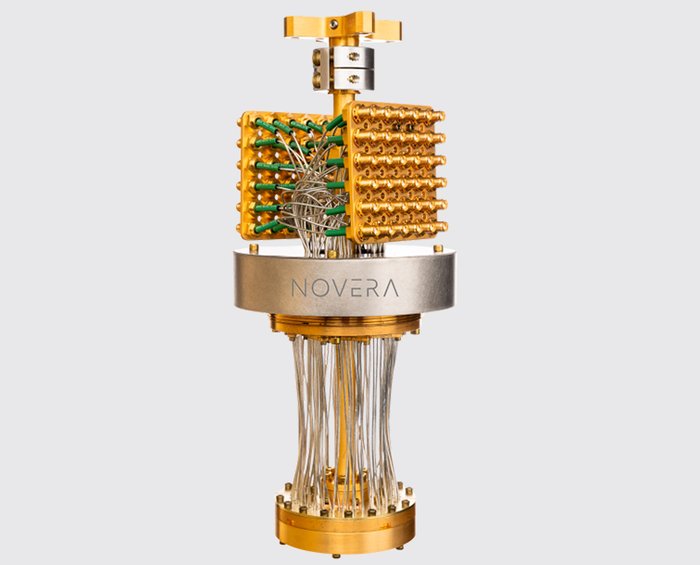
Connects decision-makers and solutions creators to what's next in quantum computing
Quantum Research Targets More Efficient Solar Cells
ORNL team findings could push past the current maximum efficiency of conventional technology
August 2, 2023

Researchers from the U.S. Department of Energy's Oak Ridge National Laboratory have made a discovery using quantum computing that could lead to more efficient solar cells.
The team used a Quantinuum H1-1 quantum computer to demonstrate best practices for scientific computing on current quantum systems. They investigated a process called singlet fission, where the absorption of a single photon of light by a molecule produces two excited atomic states. This could hold potential significance in advancing more efficient solar panel development.
“This is one of the leading motivating factors behind singlet fission. Conventional solar cells have a theoretical maximum efficiency of about 33%, but it has been postulated that materials that exhibit singlet fission can break that limit and can be more efficient," said ORNL computational science group researcher Daniel Claudino.
The ORNL team said its quantum computing approach offers effective and cost-efficient simulation capabilities with high accuracy. It enables the identification of molecules with singlet fission properties, bypassing classical computer techniques.
The team used PDS, a quantum solver based on the Peeters-Devreese-Soldatov approach and developed at Pacific Northwest National Laboratory. Scientists specifically designed PDS to enhance the accuracy and efficiency of quantum chemistry simulations, making it a suitable choice to harness the potential advantages of quantum computers.
The ORNL team's project showcased how current quantum computers can effectively address scientific problems with potential real-life implications.
About the Author(s)
You May Also Like






